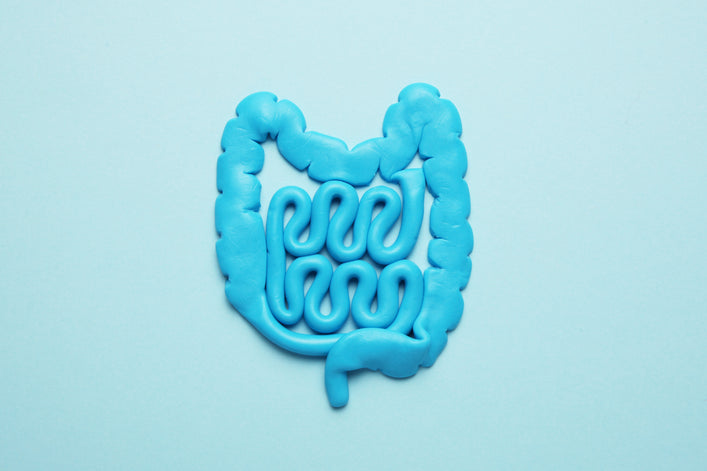Gas and bloating are common yet frustrating gut issues. This guide explores the underlying causes, from dietary culprits to personal habits. By understanding your unique triggers and implementing targeted solutions, you can achieve lasting relief and improve your overall gut health.
- Artificial Sweeteners: Don't be fooled! Contrary to popular belief, artificial sweeteners are not benign. While they do not contain calories, but they still interact with gut microbes. This interaction can lead to fermentation or other effects causing gas, bloating, and sometimes diarrhoea.
- Dairy Products: The distinction between fermented and non-fermented dairy products is crucial. Fermented dairy products like hard cheeses, kefir, or yogurt are less likely to cause bloating because the fermentation process consumes lactose. However, non-fermented dairy products can cause digestive symptoms, especially in people who are lactose intolerant.
- Lactose Intolerance: Approximately 70% of the world's population is lactose intolerant. Consuming lactose beyond what their body can handle leads to gas, bloating, and potentially diarrhoea.
- Personal Habits and History: Drinking through straws, chewing gum, consuming carbonated drinks, eating quickly, constipation, and consuming foods known to cause gas and bloating. Also, consider any history of irritable bowel syndrome or damage to the microbiome.
- New Foods Introduction: It's important to start with small amounts and gradually increase when introducing new foods, especially those high in fiber. This allows the body to adapt over time.
Digbi Health Solutions:
- Share Meal Photos: Utilize the Digbi Health app to share photos of your meals. This visual record can be incredibly helpful in identifying foods that may contribute to bloating.
- Gut Health Tracker: Make the most of the Gut Health Tracker feature in the Digbi app. Leverage AI insights on the aqpp to analyze your food and lifestyle patterns, helping identify and reduce factors contributing to bloating.
- Check Your Genetic Report: Consult your genetic report within the Digbi Health platform for insights into food intolerances, such as lactose, milk protein, or eggs. Understanding your genetic predispositions can guide you in making more informed dietary choices to alleviate bloating and improve gut health.
Conclusion: Gas and bloating are complex issues with various potential causes. Considering biology, personal habits, and dietary choices, a targeted approach is essential for effectively managing these symptoms.
By leveraging these tools, Digbi members can gain deeper insights into their personal health and take proactive steps towards improved gut health and overall well-being.







